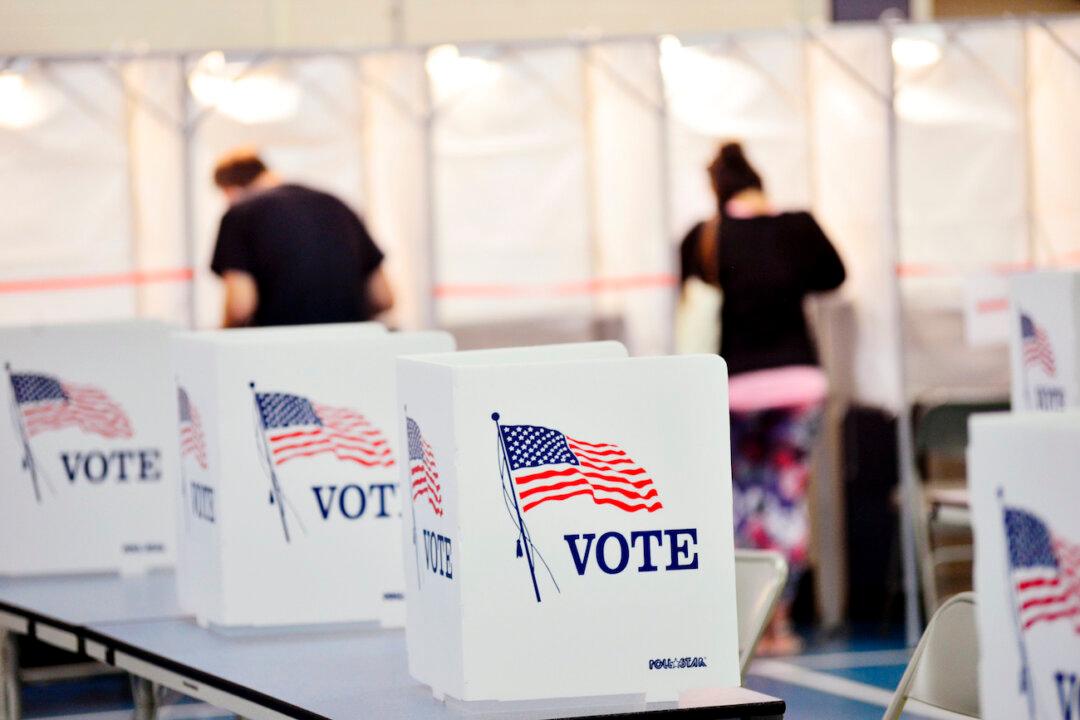The FBI said that there is no information that suggests there was a cyberattack on U.S. election infrastructure.
The Federal Bureau of Investigation (FBI) and Cybersecurity and Infrastructure Security Agency (CISA) issued a statement on Monday, saying that there are “false claims of hacked voter information,” describing them as “disinformation.”





